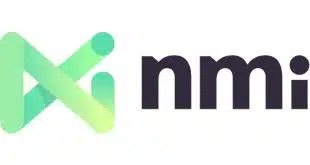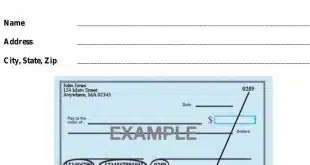In short order, competition in the business of funding small merchants has ratcheted up to new highs, with new, online and technology-based entrants flooding the market.
One of the most recent, and successful, of these new entrants is Atlanta-based Kabbage Inc., which this year will hit the $500 million mark in total loans extended to both e-commerce and brick-and-mortar merchants. Some $390 million of that lending, or nearly 80% of the total, has flowed out just in 2014 alone. “2014 has been an astounding year for us,” Victoria Treyger, Kabbage’s chief marketing officer, tells Digital Transactions News.
Much of this momentum has come since the 3-year-old company in February began extending lines of credit to physical merchants. Until then, Kabbage had funded online sellers exclusively. To add the new class of client, it doubled its maximum credit line to $100,000. “They tend to be larger, they tend to have five, seven, or 10 locations, more employees, and so have broader needs for Kabbage funds,” Treyger says.
Now, physical merchants are Kabbage’s fastest-growing market segment.
But the company’s move into this arena, combined with its rapid expansion, has brought Kabbage—known for its lightning-quick approvals and one-to-three-day funding—into direct competition with marketers of traditional merchant cash advances
This market, which has historically been driven by independent sales organizations selling merchant cash advances on top of processing services, has already seen rivalry ratchet up with the entrance of new players. Square Inc. for example, announced this week it has extended $75 million in funding in the six months since it launched its Square Capital cash-advance service in May.
And it’s not likely to stop with startups or near-startups like Kabbage and Square. “You’ll see more companies getting into the cash- advance space because of the improvement of the economy and demand from merchants,” notes Janinne Dall’Orto, who follows the business as an analyst at First Annapolis Consulting, Annapolis, Md.
Strictly speaking, Kabbage doesn’t extend cash advances, which are typically funds merchants receive against expected credit card receipts. Instead, it sets up a line of credit that merchants can tap at any time. Its typical line, Treyger says, ranges from $20,000 to $25,000, or up to five times more than the average merchant cash advance from Square.
Kabbage started out with online businesses because it could set up links with online data sources serving those merchants, companies like Intuit Inc., eBay Inc., and Amazon.com Inc. Through an application programming interface, Kabbage receives a data flow from such sources and churns it through a proprietary algorithm to arrive at a funding decision. These data can include, for example, UPS shipping information.
That decision comes quickly. Where banks and traditional cash-advance firms might take weeks to gather underwriting data and pore over applications, “a company like Kabbage is able to get information on companies in six or seven minutes,” says Barry Davis, a senior management consultant at The Strawhecker Group, Omaha, Neb.
Indeed, the typical time between a merchant arriving at the Kabbage site and receiving an approval is under 10 minutes. “The process is 100% automated,” says Treyger. “It’s as simple as booking your Thanksgiving flight on Expedia.” If a merchant has a PayPal account, he can receive funds immediately. Checking accounts, which are more typical of physical merchants, can be funded in one to three days. Once funded, the accounts can be accessed on a mobile device through the Kabbage app.
The company holds two patents, one on the automated approval and the other on its underwriting algorithm.
Next up, says Treyger, is a closer working relationship with banks, including a deal she says the company will announce in coming weeks with a “large financial institution.” These arrangements, which will involve Kabbage’s links to sources of alternative underwriting data, will include licensing and white-labeling opportunities. “We’ve seen much interest from banks. They get it,” Treyger says. “Being able to act on alternative data is the way things are going.”
As for small businesses that have used merchant cash advances in the past, Treyger has no doubt her company is having an impact. “We think they’re switching over to Kabbage,” she says.




